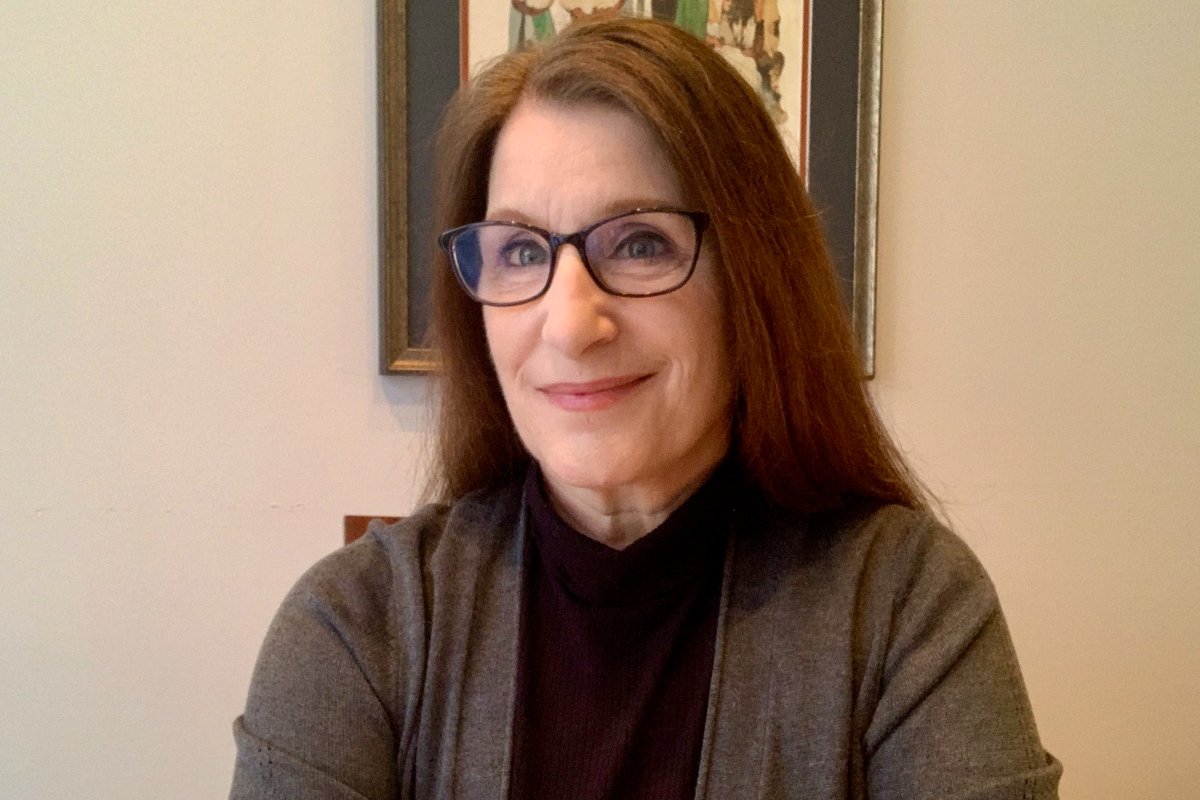
Christie McDermott. assistant chair of student services in the Department of Chemistry.
Many undergraduate students in the University of Alberta’s Department of Chemistry have had the opportunity to connect with Christie McDermott. As assistant chair of student services in the department, McDermott advises students in honors and specialization programs, as well as students participating in the Science Internship Program—all in addition to teaching several courses.
“Seeing students develop their confidence during a chemistry course or during their program completion is one of the most satisfying aspects of my job,” said McDermott.
Hear more from McDermott on chemistry, teaching, and her advice for students learning remotely during the COVID-19 pandemic.
What do you teach?
I teach Introductory University Chemistry I and II (CHEM 101, 102, 105). On occasion, Quantitative Analysis I (CHEM 211). I co-coordinate the 2nd- and 3rd-year Chemistry research courses (CHEM 299 and 399) with Professor Alex Brown. I also advise students in the honors and specialization chemistry programs and advise internship students while on work experience in chemistry in the Science Internship Program.
What do you love about your field?
I like working with students, both in coursework and during advising. I primarily teach first-year students, who have so much ahead of them and lots of choices to make. Seeing students develop their confidence during a chemistry course or during their program completion is one of the most satisfying aspects of my position. It is great to see students find their way to rewarding—and sometimes surprising—career choices.
What should students who are interested in this topic know?
Students in chemistry, besides completing the required coursework, should try to gain experience and connections throughout their degree. Students should not be hesitant to talk to their instructors and engage in their classes and look for research opportunities. There are opportunities to get engaged in chemistry research starting out early in their programs. Students can also participate in the Science Internship Program, a great way to gain work experience during their undergraduate programs.
Tell me about your passion for teaching. What inspires you?
In teaching, I find it really rewarding when concepts or calculations start to make sense to students. The best moments are when I might try something new in my classes and (if it works!) I get students telling me they're understanding something for the first time. Of course there are still many opportunities for improvement, so the effort never ends. It is great to have opportunities to learn from the many talented instructors at UAlberta as well—lots of interesting and new things out there to try.
How do you cultivate a community of practice with your fellow instructors?
I enjoy hearing about what people are doing in their classes. There are so many amazing instructors at the University of Alberta. I have gotten to know a lot of people through course development committees and program development committees, and of course, the Faculty of Science Teaching and Learning Committee. The instructors who participate in these committees are always engaged in teaching and usually come from different departments than mine, so these are opportunities to find out more about the things they are doing in their classes and to look for interdisciplinary intersections or just a new way of seeing things. It helps to keep me engaged in teaching.
Our world has been turned upside down during the COVID-19 pandemic. What advice would you give students on learning in a remote environment?
Looking for opportunities to establish connections to other students and to instructors is really important. Do not be shy to speak up in online groups. The online experience is new to a lot of us and having students who ask questions and are open to discussing topics with other students will really help all of us establish our course communities.
For day-to-day, I would say keeping to a routine that mirrors how a student would normally go about their day might help establish some structure. Getting up and attending class on the "normal" schedule either through synchronous or asynchronous means, participating in discussion or study groups via online means, working on problem sets and prepping for class or writing up laboratory reports in the evenings are all ways that mirror how a face-to-face day would proceed.
Curious to learn more? Find more information on teaching and learning in the University of Alberta’s Faculty of Science.